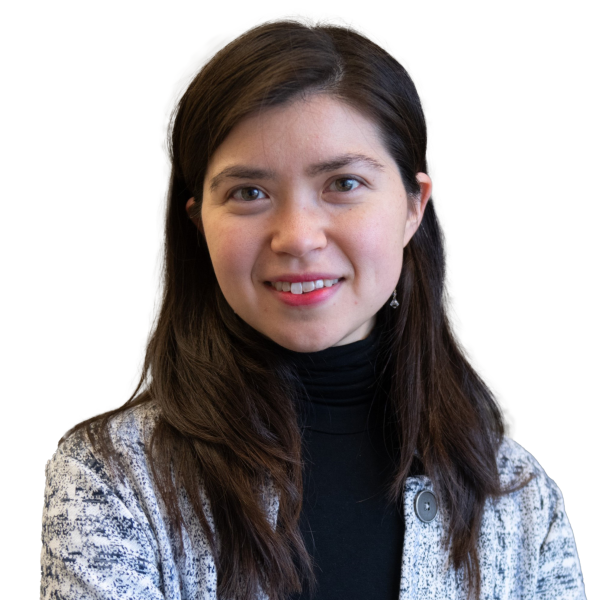The mission of the Wuttig group is to synthesize products across the chemical value chain by advancing the science underlying chemical reactivity at electrified interfaces
Chemical synthesis driven by readily available energy input, electricity, offers a scalable, decentralized, and energy-efficient route to furnish value-added products – from fuels to complex molecules. The predictive design of efficient and selective electrosynthetic sequences, however, remains challenging due to the structural complexity of the unique added dimension inherent to all electrochemical systems: the electrified interface. Research in the Wuttig group focuses on strategies to address this challenge by leveraging interfacial self-assembly and electrode materials design to elucidate the impact of the interface on electron transfer events central to catalytic small and complex molecule activation. Our approach bridges the fields of inorganic and organic chemistry by drawing on synthetic and physical inorganic and organic tools to obtain a molecular-level understanding of interfacial structure, its manipulation, and its effects on chemical reactivity. The mechanistic understanding we uncover guides the development of new catalyst design principles that enable selective chemical syntheses and durable energy conversion systems, advancing the efficient use of underutilized yet abundant resources and feedstocks.
Princeton University
A.B.
2013
Massachusetts Institute of Technology
Ph.D.
2018
University of California, Berkeley
Post Doctorate
2021
Kunstelj, Š., Darú, A., Sauza, A., Stroscio, G., Edwards, E., Papadopoulos, R., Gagliardi, L., Wuttig, A.* (2024). Competitive Valerate Binding Enables RuO2-Mediated Butene Electrosynthesis in Water. Journal of the American Chemical Society, 146 (30), 20584−20593.
Kim, T., Kim, Y., Wuttig, A.* (2024). Interfacial Science for Electrosynthesis. Current Opinion in Electrochemistry, 47, 101569.
Chen, Q.C., Kress, S., Molinelli, R., Wuttig, A.* (2024). Interfacial Tuning of Electrocatalytic Ag Surfaces for Fragment-Based Electrophile Coupling. Nature Catalysis, DOI: 10.1038/s41929-023-01073-5.
Badgurjar, D., Huynh, M., Masters, B., Wuttig, A.* (2023). Non-Covalent Interactions Mimic the Covalent: An Electrode-Orthogonal Self-Assembled Layer. Journal of the American Chemical Society. 145, 32, 17734–17745.
Wuttig, A.,* Toste, F. D.* (2021). The interface is a tunable dimension in electricity-driven organic synthesis. Natural Sciences, 1 (2), e20210036.
NSF CAREER
2023
Neubauer Family Assistant Professorship
2021
ACS Nobel Laureate Signature Award in Graduate Education
2019
NIH Ruth L. Kirschstein National Research Service Award
2018 - 2021
MIT Alan Davison Inorganic Thesis Prize
2018
International Precious Metals Institute Student Award
2017
American Chemical Society Young Investigator Award, Inorganic Chemistry
2017
National Science Foundation Graduate Research Fellowship
2014 - 2017
Anderson, Gagliardi and Wuttig groups collaborate on CD4DC Initiative
Anna Wuttig Honored with NSF CAREER Award
Using Electricity, Anna Wuttig Lab Finds Promising New Method of Boosting Chemical Reactions
